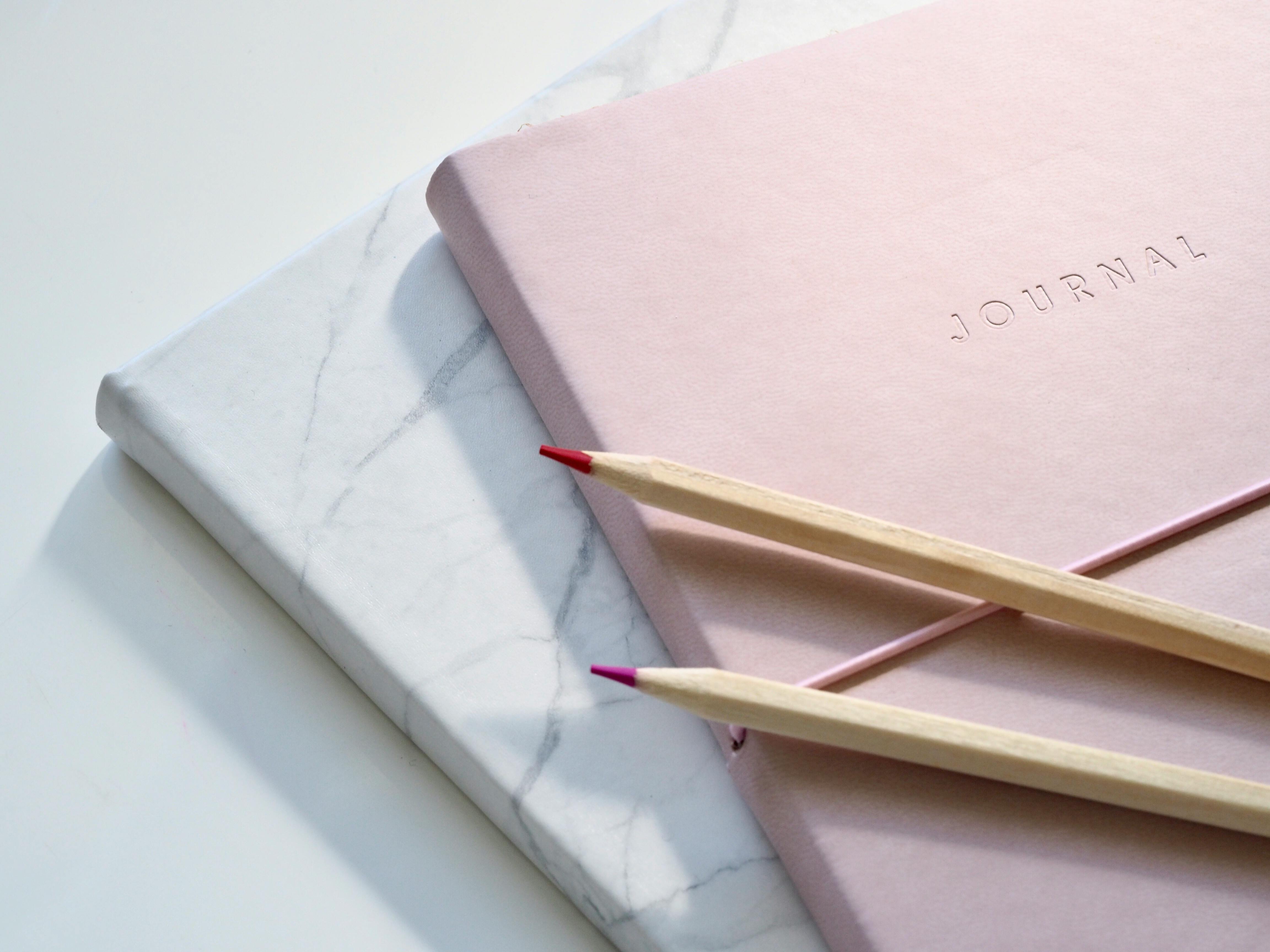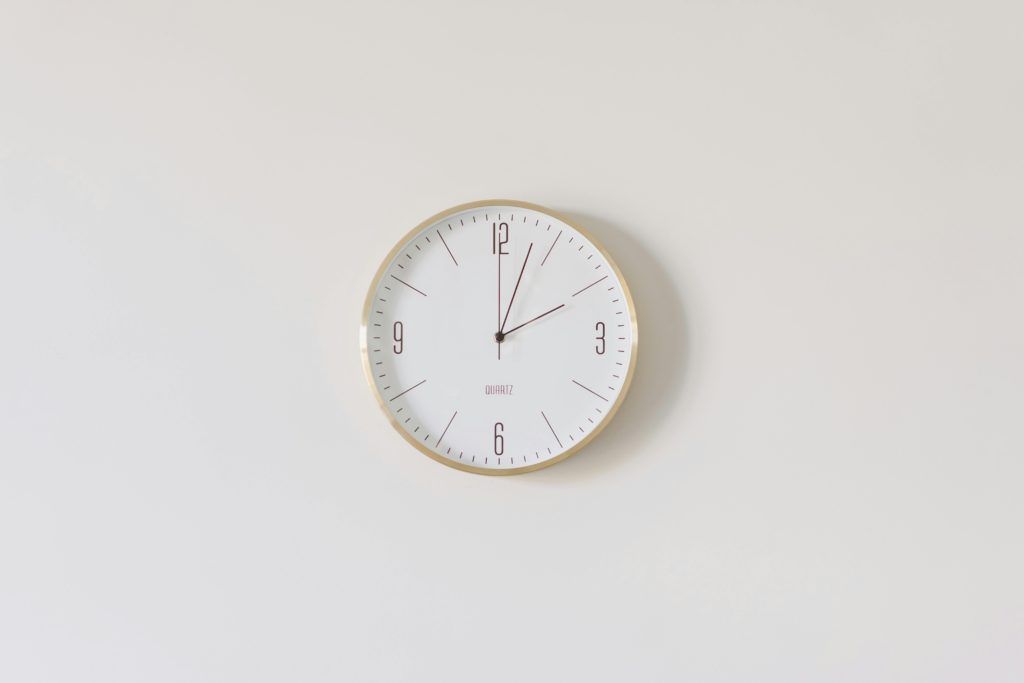Mamas, we see you. We see the powerful way you go through the day, juggling the needs of work with the needs of your family. We see the way you effortlessly help all your littles process their big feelings.
We also know that sometimes, it can feel like you don’t have time to process yours.
Journaling is one of the most powerful tools available when it comes to analyzing and understanding our own thoughts and emotions. As a parent, it’s also a great way to take time for ourselves and prioritize our well-being.
If you are new to the world of journaling, know that there is no right or wrong way to do it. However, if you are looking for some tips to get you started, you’ve come to the right place! Check out all our favorite recommendations below to make sure you get the most out of your journaling experience.
Create A Dedicated Space

When starting out on your journaling adventure, it can be a good idea to create a dedicated space where you write. Whether that means you are writing in bed, first thing when you get up in the morning or curled up on the couch in the evening, be sure to pick a relaxing spot where you can be alone with your thoughts. We recommend creating a screen-free zone, where you won’t be distracted by Facebook notifications or texts from friends.
Sticking to one spot in your home will help build a routine. Having a dedicated place to write can also set the tone for your journaling session and put you in the right mindset.
Pick Tools You Love

While you don’t need anything fancy to begin a journaling practice, there’s nothing wrong with making it feel a little bit special! Picking out pens, pencils, and a notebook that you love can be a great motivator to write, every day.
There are thousands of amazing journals on the market. Some of them are tailored to specific styles of journaling, while others are a blank canvas for you to create in. When selecting which one works best for you, we recommend researching different journaling styles. Are you more drawn to bullet journaling? Free form journaling? Dream journaling?
Whatever you are looking to accomplish, there is the right journal for you. Here are some of our favorite journals for those just starting out.
Field Notes Limited Edition United States of Letterpress
Rifle Paper Co. Five Year Keepsake Journal Set
Copper and Brass I’m Every Woman Notebook
Consider a Guided Journal

If you are new to journaling and unsure where to start, consider investing in a guided journal. These beautifully curated and designed journals offer daily writing prompts to help you tune into your thoughts and feelings. Whether you are looking to journal to focus on gratitude, decision making, or self-care, a quick google search can help you find the journal that is right for you.
Stick to a Schedule

Like any practice, journaling is most beneficial when you do it regularly. Creating a plan for when you are going to journal and sticking to it will help you achieve results more quickly.
Many people find journaling in the morning is a great way to help them start the day with the right mindset. Others prefer journaling at night, so they can free their mind of any stress and worry before the end of the day. The important thing is that you create a schedule that you can stay consistent with.
Time Yourself

When you are at the beginning of your journaling practice, it may feel difficult to know what to write about. The freedom of journaling may actually feel constricting. How do you know when you’ve written enough? You wrote a full paragraph yesterday, but today you can only think of a few sentences. Does that count?
The answer is yes, it all counts. If you are struggling to get in the zone, we suggest setting a timer for about five minutes, at the beginning. If you can’t think of anything you want to say, that is fine. Simply taking those five minutes and giving yourself the space to write, if any emotions come up, can be very effective.
Recap vs. Feelings

A great way to think about journal entries is to break them down into two categories: “Recaps” and “Feelings.”
In a recap journal, you start by going through the details of your day. As you write about events that took place, you may find yourself reflecting on how those events made you feel. Whereas, a “feelings” based journal entry would be the opposite. You start writing about how you feel, and as you express those feelings you may start to be able to identify triggers in the day’s events that contributed to you feeling that way.
Both are valid ways to process your emotions and are great starting points for your journal entries. You also don’t have to stick to one form. If you are having trouble identifying your feelings, start by creating a “recap” entry, and vice versa.
Are you a newbie to the world of journaling? What’s holding you back from starting? Share with us in the comments below, for more journaling tips.
